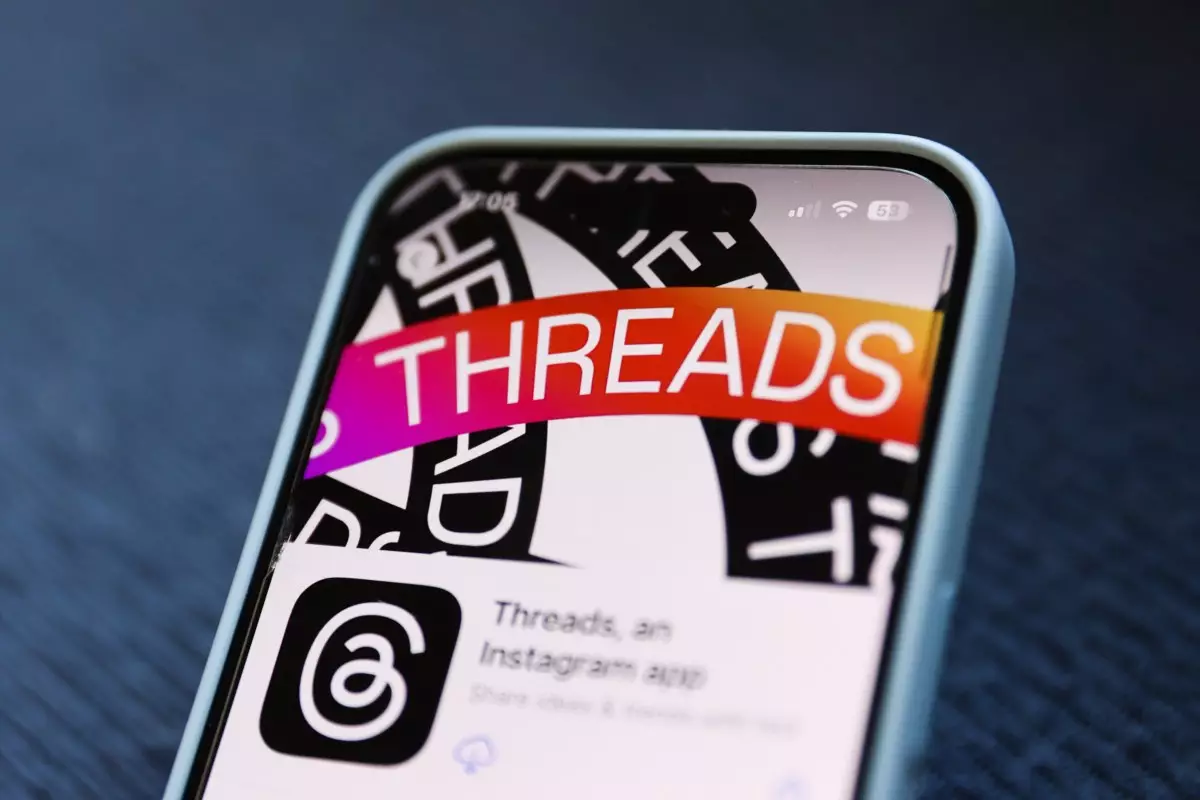In today’s digital landscape, social media platforms are constantly evolving to meet user demands, yet they often overlook the fundamental principle of user autonomy. When Instagram Threads recently introduced direct messaging (DMs)—a feature long demanded by many—the reaction was surprisingly mixed. What was hailed as a step forward by the platform’s creators quickly became a flashpoint of controversy, especially among women concerned about privacy and harassment. This scenario underscores a vital truth: the functionality of social media must be designed with user choice at its core, not just convenience.
The backlash reveals an uncomfortable reality about social platforms: not all features serve the community’s best interests. While DMs may foster more intimate conversations and deepen connections, they also open doors to unsolicited contact, harassment, and spam. For many users, especially vulnerable groups such as women, unanticipated access can translate into real safety concerns. Their call for an opt-out or a more robust privacy setting isn’t just a preference; it’s a plea for control over personal space in a realm that often feels increasingly invasive.
The Psychological Toll of Forced Engagement
The core issue surfaces in the frustration expressed by users who feel that their preferences are being ignored. Many have vocalized that they did not want DMs and felt blindsided by the feature’s implementation. The absence of an opt-out option exacerbates this frustration, making users feel powerless and unvalued. Such feelings are compounded by the prevalent online culture where dissent—especially related to safety—is often met with dismissal or trivialization.
Furthermore, the addition of DMs without user-controlled privacy settings fosters an environment where harassment can thrive. The guarantee that only followers can send messages does provide some barrier, but it’s not foolproof. Users seeking to protect themselves must often resort to blocking or unfollowing individuals—a process that feels reactive rather than proactive. The failure to integrate a simple toggle for disabling DMs directly reflects a shortsighted approach that prioritizes platform growth over user well-being.
Implications for the Future of Social Media Design
Meta’s approach highlights an important lesson for all social media platforms: features should be driven by user agency, not just popularity or perceived demand. Introducing a powerful communication tool like DMs must go hand-in-hand with privacy options that allow users to customize their experience. The absence of such controls suggests a disconnect between platform developers and their communities.
Platforms like Twitter (X), Bluesky, and Mastodon have navigated similar terrains, often offering more granular privacy controls, including options to turn off DMs entirely. The contrast emphasizes that giving users the power to tailor their social ecosystems is fundamental to fostering trust and safety. In the case of Threads, the silence around an opt-out option feels like an oversight that prioritizes feature expansion over user empowerment.
By disabling features without offering alternatives or customization, platforms risk alienating their most vulnerable users. It’s not enough to simply add new features—these additions must serve a purpose aligned with community needs. Giving users control over who can reach them creates a healthier, more respectful digital environment. It demonstrates a respect for individual boundaries that is often lacking in today’s rapid social media expansion.
The Broader Conversation: Building Safer Digital Spaces
Ultimately, the controversy surrounding Threads’ new DMs feature sheds light on a broader issue: the necessity of designing social media environments that prioritize safety and choice over convenience and growth metrics. When users are given tools to control their online interactions, they not only feel safer but are more likely to engage authentically. Conversely, forcing features upon them without regard for their preferences can erode trust and widen the gap between platform and community.
As social media becomes ever more integral to personal and professional life, it’s imperative for companies to rethink their priorities. The freedom to opt in or out—especially when it comes to messaging—should be a non-negotiable feature, not a future upgrade. Without it, platforms risk becoming spaces that users dread rather than enjoy, ultimately undermining the very purpose of social connectivity. Fostering a culture of user-centric design isn’t just good ethics—it’s the smart, strategic choice for sustainable growth in a rapidly shifting digital universe.

